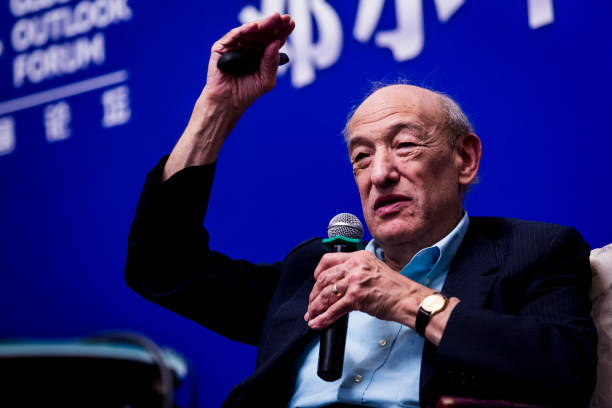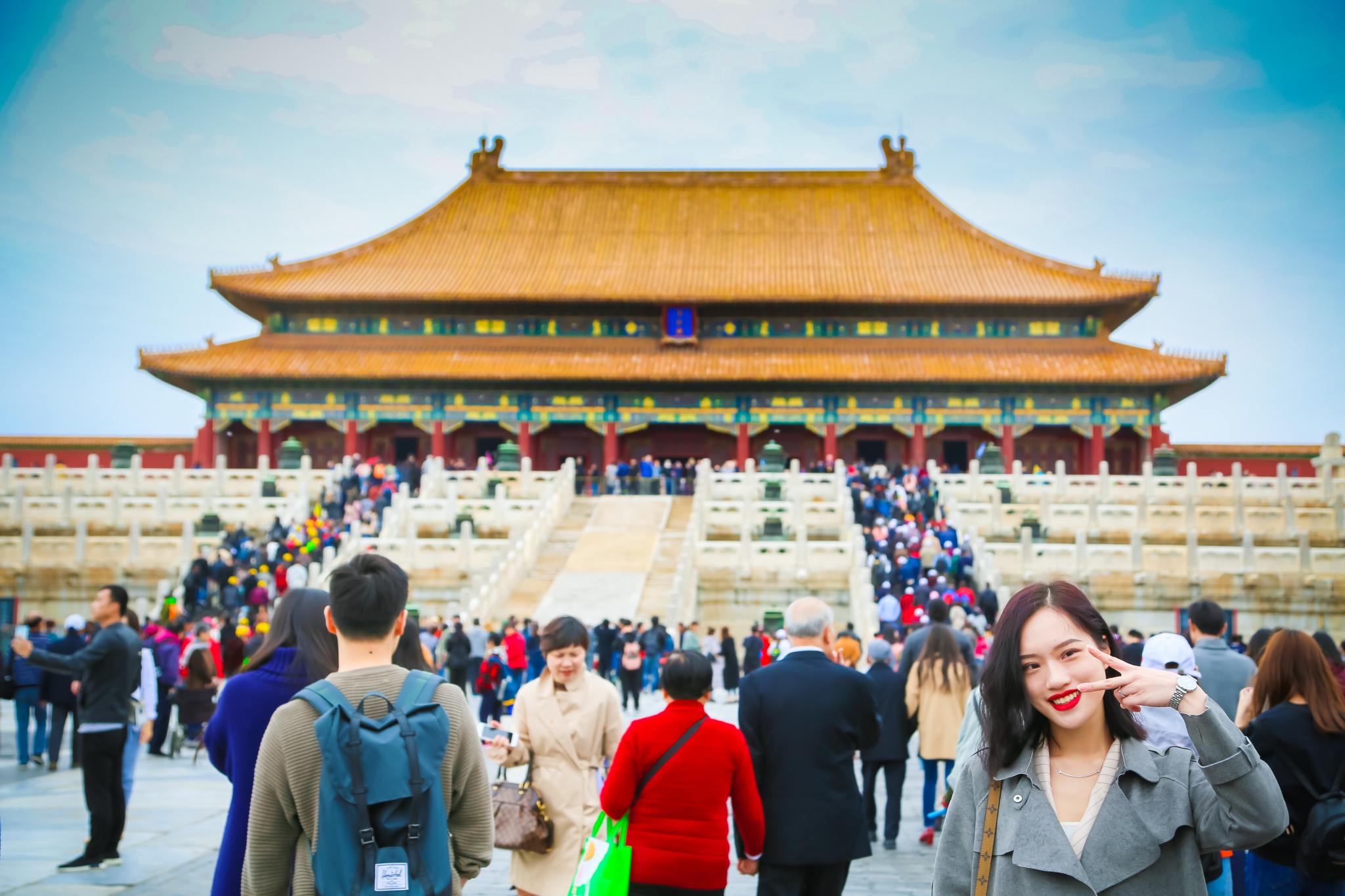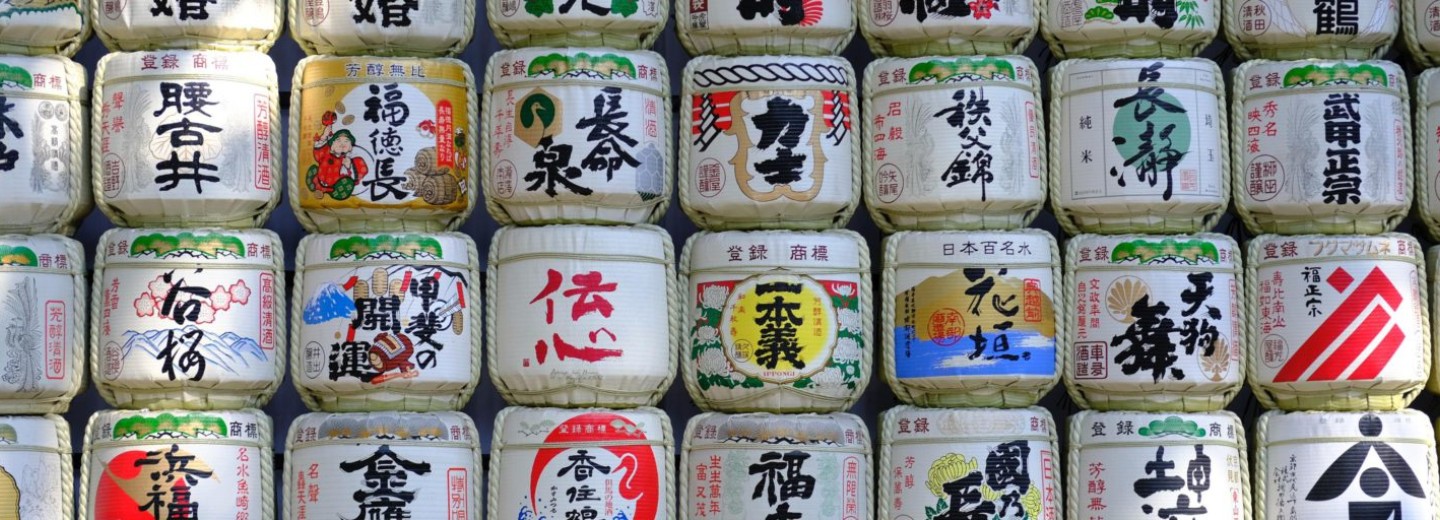China news 4th january 2021
“Ezra Feivel Vogel passed away, relive his career”
The famous American scholar Ezra Feivel Vogel passed away at the age of 90. He is one of the important figures who passed away in 2020. He conducted in-depth research on Japan, China, and South Korea all his life. The Deng Xiaoping era made him well-known to the majority of Chinese people.

In 1958, Ezra Vogel went to Japan with his wife. When he set off, his American friend told him:
Japan’s sanitary conditions are very bad, so be careful when you are outside, drink water carefully, and don’t eat vegetables casually.
After Ezra Vogel arrived in Japan, he found that this impression was very wrong. Tokyo was much cleaner than they thought, and the food was very clean. This shows how deep the “prejudice” the United States had against Japan at that time.
When Vogel left Japan, it coincided with the Japanese people’s opposition to the American troops stationed in the United States. His family in the United States were very scared and asked him to leave quickly. “The Japanese will kill you, an American”. When Ezra Vogel arrived at Haneda Airport, the airport was already surrounded by protest crowds. However, the Japanese were very friendly to him and helped him and his children cross the isolation zone set up by the police, and he was able to board the plane smoothly.
He could see from this detail that great changes had taken place in Japanese society. Although there was still nationalism, people have been able to distinguish between protests against the United States and friendship with an American.
We can think of these memories as a metaphor for the relationship between the United States and East Asia. The United States had a deep misunderstanding of Japan (and later China), not only at the government level, but also in society. The reverse was the same. Japan also had misunderstandings about the United States.
This misunderstanding is sometimes presented dramatically. When Vogel wrote “Japan No. 1”, a Japanese publisher produced the Japanese version. The book title on the cover was not in Japanese but in English. Ezra Vogel was puzzled. The publisher explained:
This means that this is the American view, and the Japanese care about this.
Vogel wrote this book for American readers and told them the reasons for the rise of Japanese companies. However, the book was so popular in Japan that the Prime Minister of Japan recommended it to every Western leader attending the summit in Tokyo.
Vogel’s East Asian studies began in Japan. Following Japan and South Korea, China has rapidly become more and more modern and integrated into the world. This is a major change in the world pattern in the past few decades. If the initial involvement in Japanese studies was accidental, then for decades to study Japan, South Korea, Singapore, and China, was a conscious academic pursuit of Ezra Vogel.

Ezra Vogel was in contact with leaders of East Asia in different periods, which shows his super practical influence. However, as a scholar, his focus was still on trying his best to promote mutual understanding between the United States and “emerging countries”. The target readers of all his works are Americans. He was trying to tell the “East Asian story” to the United States.
Foreign Ministry spokesperson Wang Wenbin said today:
Professor Vogel was a famous American expert on China issues and an old friend of the Chinese people…Professor Ezra Feivel Vogel has made unremitting efforts to promote communication and exchanges between China and the United States and enhance mutual understanding between the two peoples.
Not long ago, Ezra Feivel Vogel participated in an online forum to speak, and he also called on Sino-US relations to improve. This is his consistent position. From academics to life, he has been calling for “more understanding” throughout his life. From a current point of view, this call is particularly relevant.
Source: pl.ifeng.com.
Shu Jingnan, a professor at the School of Humanities of Zhejiang University won the Chinese Studies Achievement Award, at a recent ceremony. He gave an interview (précised by us) to Ifeng.
“Chinese traditional culture is a humanistic ideological system”
Shu Jingnan
Chinese traditional culture is a humanistic ideological system. It embodies a lofty humanistic spirit and has modern values. I have summarized several ideas from traditional Chinese culture:
First, traditional Chinese culture is people-oriented, attaches importance to the study of people, regards individual issues as the central issue of cultural studies, and regards human existence as the most fundamental issue of philosophical research. Chinese traditional culture believes that people are the foundation of the world, and Chinese traditional culture is an ideological system that solves people’s problems.

Second, the concept of “Tao”. Tao refers to the law of the movement and change of everything in the universe. The law of the development of Tao in the universe requires people to be able to understand Tao, to practice Tao, to walk along the way, and to walk in peace. This is the concept of “Tao” in traditional Chinese culture.
Third, the concept of “China”. Chinese traditional culture speaks of the middle way. “Middle Way” is a method of thinking that requires people to appreciate everything or take a middle way position in doing things. Also, to be able to see the unity of contradictions between the opposites of things. We should grasp both sides and compromise between them. It means that people and their hearts must be sincere and professional, so that you can grasp the middle way. This is called “harmony.” Through the moral cultivation of neutrality, a harmonious society can be built. Therefore, the concept of “medium” in traditional Chinese culture includes the thought of middle way, neutrality, and harmony.
Fourth, the concept of “practice”. Traditional Chinese culture has a strong spirit of practice. This means that a thought must not only be realized and recognized by thought, but more importantly, you must act and practise to achieve the unity of knowledge and action.
We must strengthen our nation’s self-confidence in national culture, strengthen our sense of identity with our national culture, and strengthen our sense of mission to rebuild a new socialist culture. We must strengthen the exchange of civilizations and cultural interactions around the world.
We also need to learn from the universality of Western culture. In this discussion of values, where the world structure is undergoing major changes, the West tries to promote its own culture to the world as a culture of universal values. In fact, this so-called ‘universal value’ culture in the West is a kind of cultural hegemony. Therefore, we must further promote our Chinese traditional culture, push Chinese traditional culture to the world, carry out mutual learning, cultural contrast, and blending of civilizations, and develop our modern new socialist culture.
Source: culture.ifeng.com.
“2021: World Governance Ideas Are More Competitive”
The year 2020 that has caused the world to endure a lot of fear and tragic is finally bidding us farewell. The new year has come, but people’s mood is still not easy, because the heavy shadow of 2020 is still hanging over.
In the face of the raging pandemic, Russia, the United States, the European Union and other Western developed countries rushed to take the lead in vaccinating at the end of the year. The vaccine developed by the world’s top biomedical experts quickly brought hope to humanity. However, the effectiveness of the super-rapidly developed vaccine has raised some people’s doubts, and the mutant virus has spread to many countries. All this is reminding people that 2021 is still a tough battle.
Economic reconstruction after the epidemic is also a hurdle in front of us. In 2020, many countries injected a lot of liquidity into the economic system to protect the economy and people’s livelihood. The sequels left by these stimulus packages are hidden risks that need to be prevented in the future.
In China, as the year 2021 is greeted, the leadership is constantly reviewing the present and the future.
One of the landmarks, less noticed by the international media, was the CCP Rural Work Conference held in Beijing. Xi Jinping said at the meeting that he made the resolution of the “three rural issues” the top priority of the whole party’s work and “giving the whole party and the whole society to promote rural revitalization.”

Xi Jinping will comprehensively promote rural revitalization and accelerate the modernization of agriculture and rural areas, positioning it as a major issue that needs to be highly valued. According to external analysis, after the authorities have achieved the goal of all the 100 million rural poor people coming out of poverty, the revitalization of rural areas is the “second season” of China’s poverty alleviation.
The news that has received widespread attention from the international media is that the negotiations on the China-EU investment agreement have been completed on schedule. Under obvious pressure from the United States, the leaders of China and the European Union jointly attended a video conference on the last second day of 2020 to announce the completion of the negotiations. This follows the signing of the Regional Comprehensive Economic Partnership Agreement (RCEP) between China and ASEAN and more than ten countries.
The specific provisions of the agreement have not yet been announced, but from information disclosed by EU officials, we can see the concessions made by China, such as China’s first commitment to climate change and the “forced labor” issue that Europe is highly concerned about. This point is believed to involve the Xinjiang Education and Training Center and the protection of human rights. According to reports, China will also further open market access to EU companies and legislate to prohibit forced technology transfers to foreign-funded companies. It will increase transparency in subsidies to domestic companies.
On the last day of 2020, the Chinese government also officially announced that domestically made vaccines have been officially approved for conditional marketing. China’s Sinopharm vaccine is 79% effective. Although it is not as efficient as vaccines in Western developed countries, it has higher accessibility and price advantages.
Because of the above, when the new year enters, public opinion field in China is quite calm, and the public has a strong sense of identity with the system. Even if citizen journalist Zhang Zhan was sentenced, it did not cause much disturbance. Although the relationship between China and the outside world has fallen in 2020, the continuous evolution of the international situation, the competition and cooperation between the EU and the United States, and China’s huge domestic demand market continue to be China’s major opportunities. It is taking this opportunity with the favorable atmosphere of the China-EU Investment Agreement to enter 2021, which is also the 100th anniversary of the founding of the Communist Party of China.
How will the CCP commemorate its centennial milestone and review its historical merits? All parties will wait and see. However, compared with the current status quo of countries in the world, it is undeniable that although China’s governance is imperfect, it has its own rationality. It has accomplished one goal after another set by itself, leading its people to a better and better life. And never forget the huge poor and vulnerable groups. This fact itself will pose a challenge to the US-led international order and values.
In 2021, the world will become a world that is more power dominated. Competition between China and the United States will be more direct. A big country that can do its own thing quietly, continue to gain popular support, and continue to expand its opening up, will become a winner.
Who can that be?
Source: zaobao.com.
Worked on the article:

Wanlikhang





